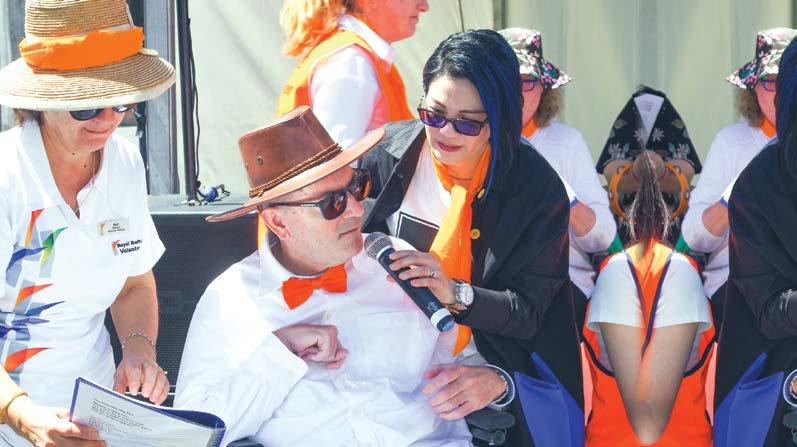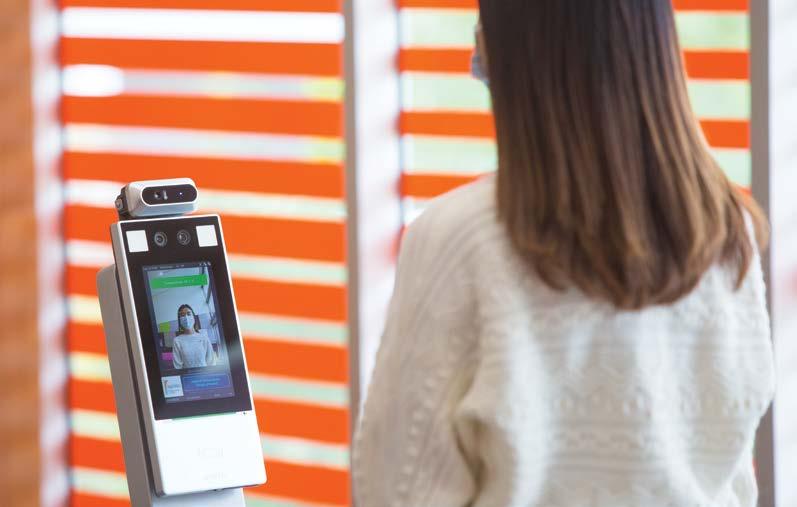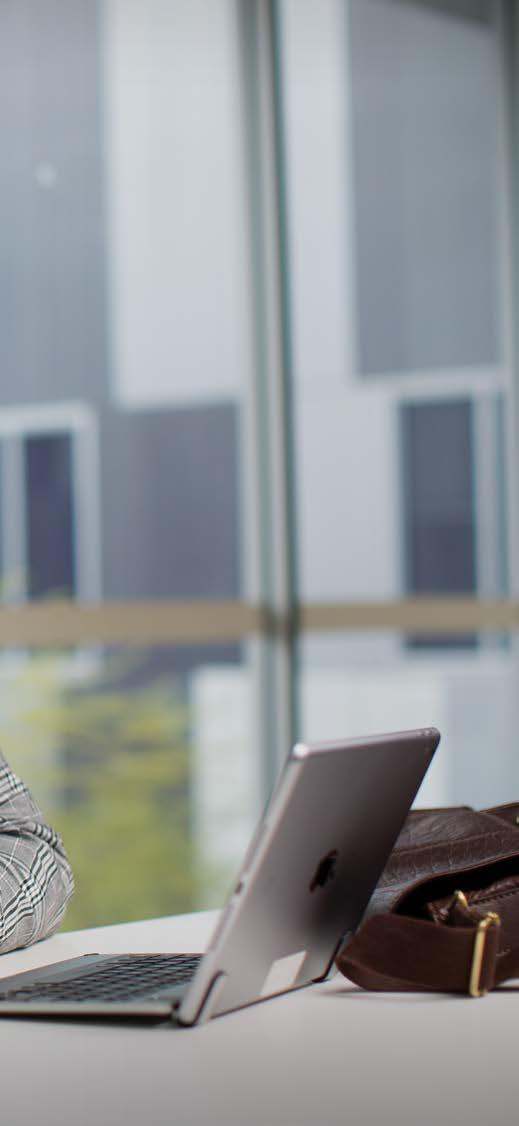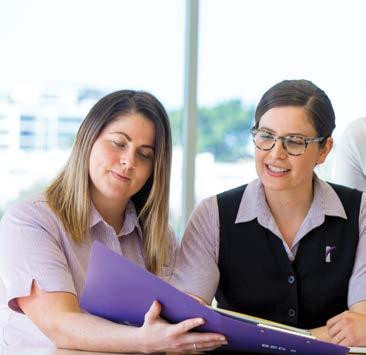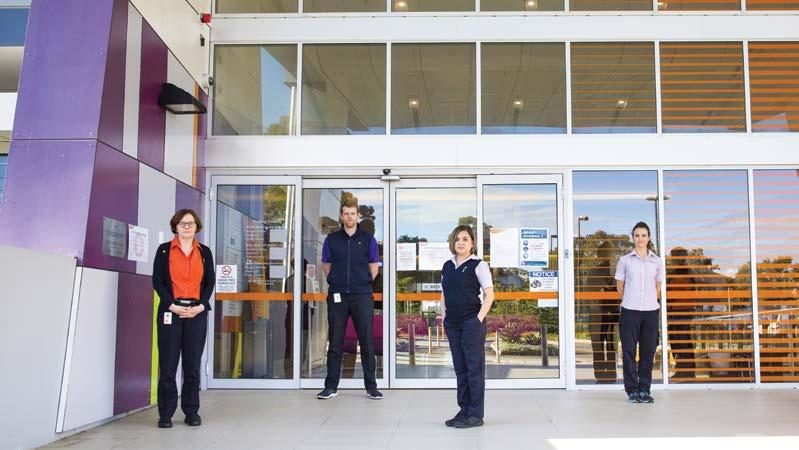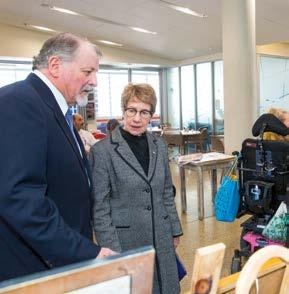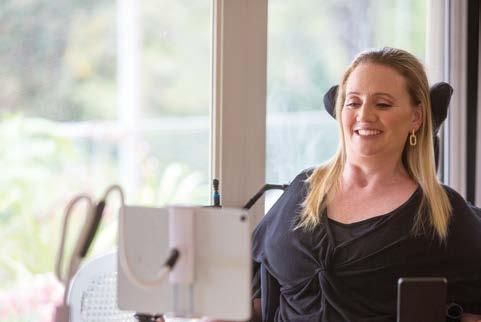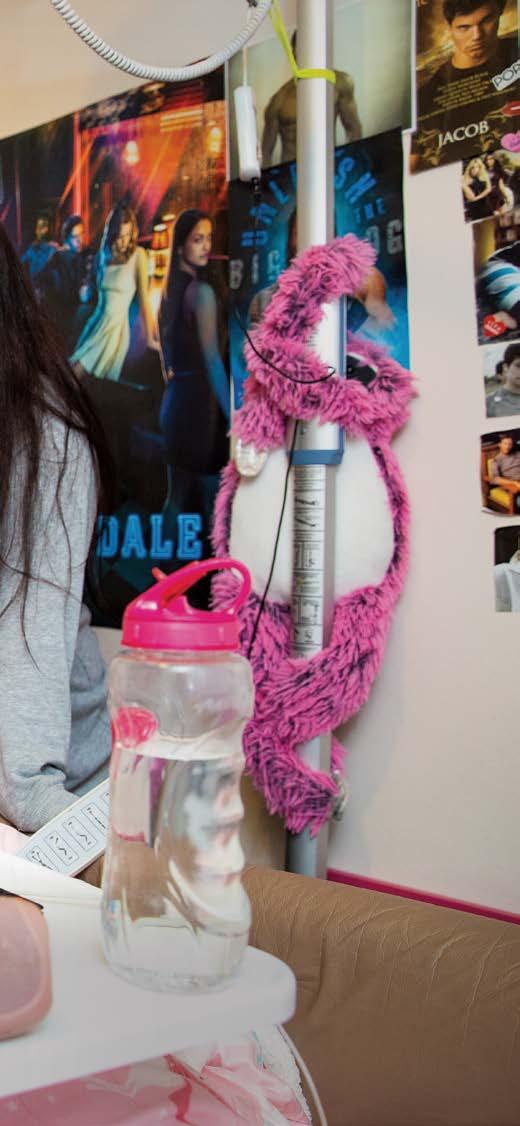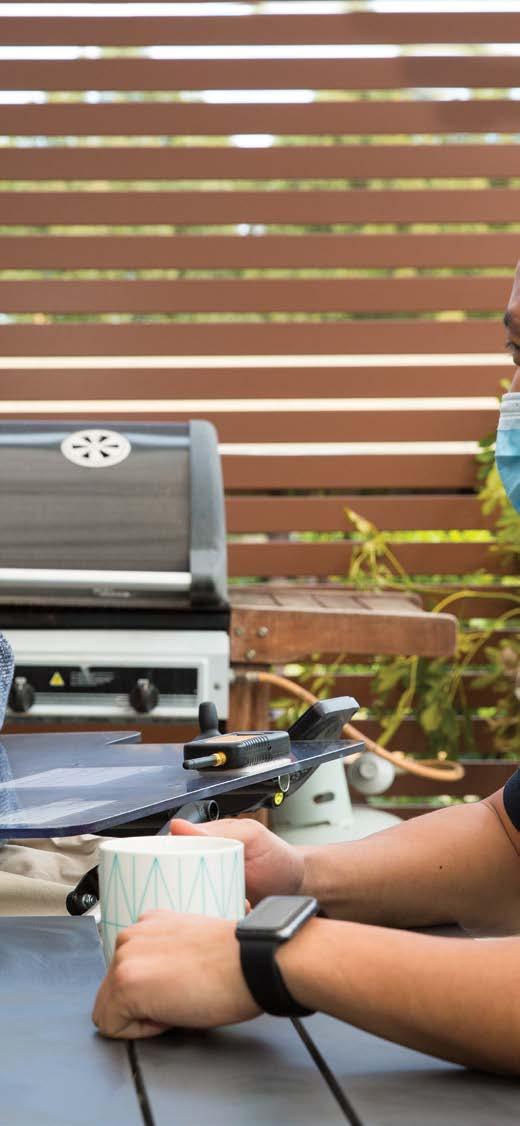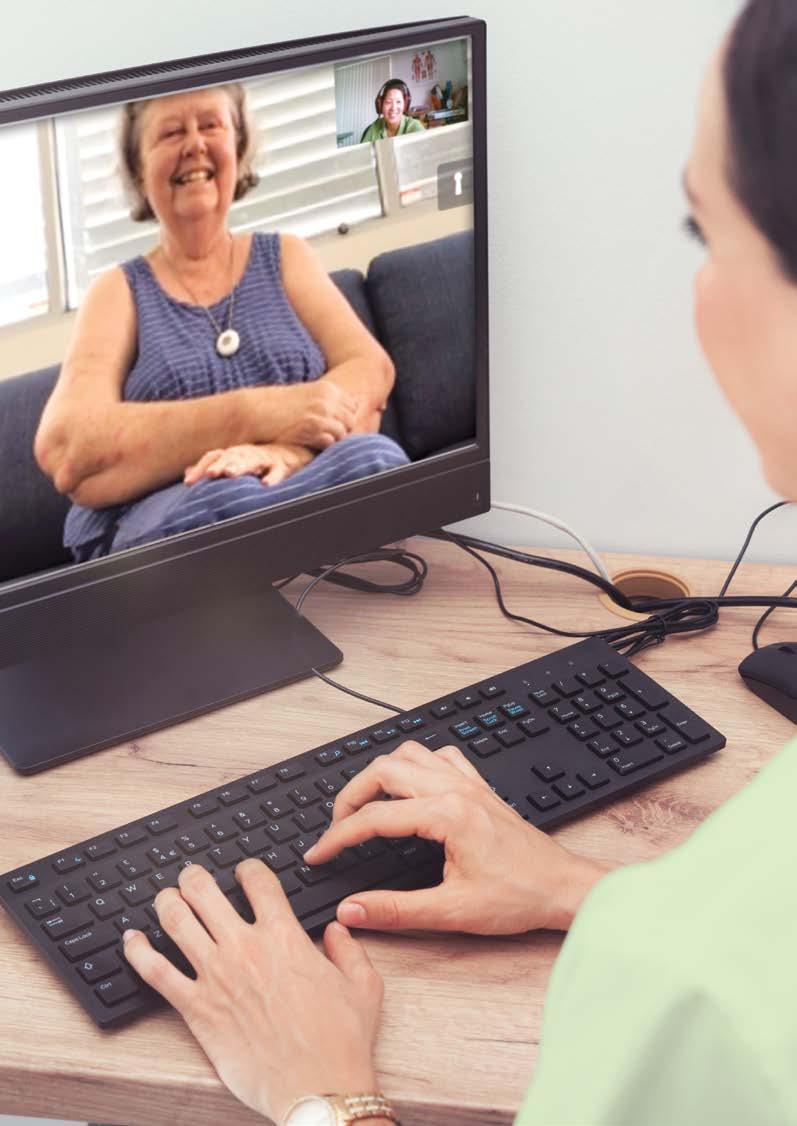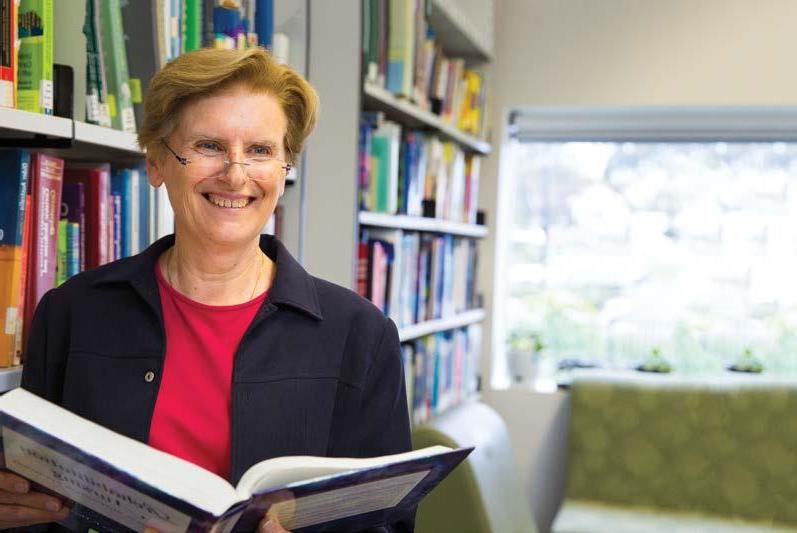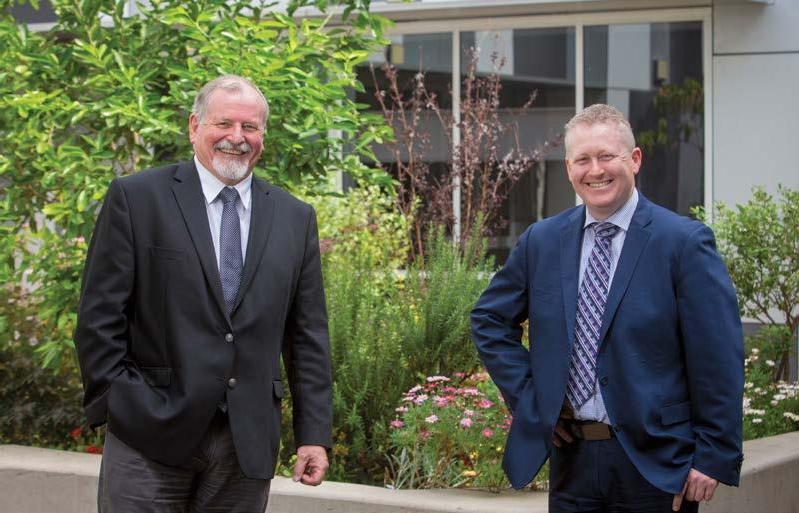110
referred to the metro service
114
clients referred to the rural service
Spinal Outreach Service The NSW Spinal Outreach Service (SOS) provides specialist state-wide support for people with spinal cord injury (SCI), their carers, and local clinicians throughout metropolitan Sydney, and rural and regional New South Wales. The team of specialist rehabilitation doctors, nurses and allied health professionals keep people well informed about their health and build the capacity of local clinicians to provide the best possible care in their communities. The models of care vary according to the location of the client. The Metropolitan Spinal Outreach Service provides specialist multidisciplinary support, education and clinical interventions for up to 12 months following discharge from the Spinal Injury Units at Royal Rehab, Royal North Shore and Prince of Wales Hospitals. During 2019/20, 110 clients were referred to the metropolitan service. The Rural Spinal Cord Injury Service links regional and rural NSW with Sydney-based spinal cord injury units post discharge by offering rural clients access to specialist medical and multidisciplinary review. The service has extensive reach across six local health districts via in-person and phone support. This year, 114 clients were referred to the rural service from all parts of the state.
38 |
COVID-19 Response In a time of unprecedented uncertainties and evolving restrictions brought about by the COVID-19 pandemic, one thing remained constant for the SOS team — an unwavering commitment to provide quality support for the SCI community. Through agility, teamwork and a ‘can-do’ attitude, the SOS team rose to the challenge. During March, the team transitioned rapidly to a telehealth model of delivery, turning the planned multidisciplinary medical clinic in Pottsville into a virtual clinic within a week. This virtual model of service delivery for clients continued throughout the year as the clinics moved location around NSW. Anecdotal feedback was positive revealing many clients responded well to the new remote model. In some instances, clients with complex health conditions were more inclined to share information with clinicians, which may be attributed to greater levels of comfort in their home environments.


